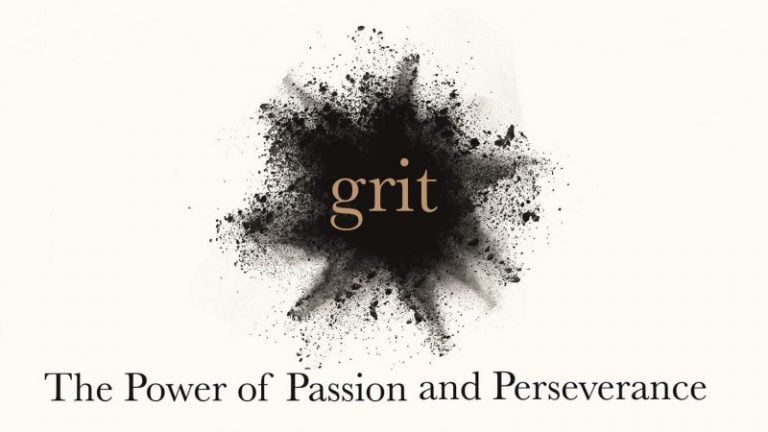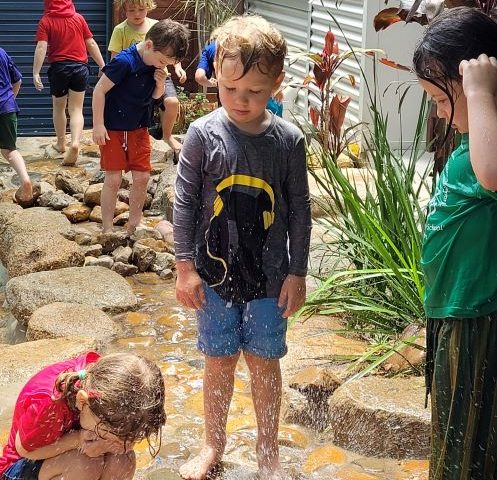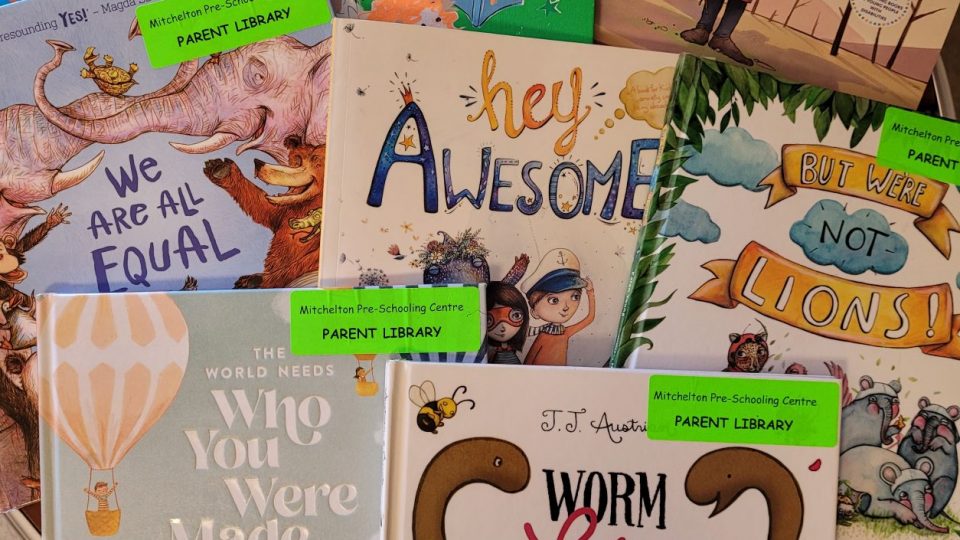
GRIT is a life skill worth fostering!
November 24, 2022Deciding what to write for my last blog was a bit of a challenge until I was watching some children playing and realised that most of them are going to Prep next year. We have a lot in common as we’re all starting something new. I’m retiring and children are going to school. We’re all looking down the barrel of a change next year and we’ll all handle it in different ways.
I’ve had some of the same questions and feelings as I’m sure many children have or will have. What will it be like?
For me, MPC has been a big part of my working life and has a little corner of my heart. I feel absolutely blessed that Louise and Anna are taking over as Directors which will enable a very smooth transition. It will be a big change for me and I’m looking forward to it. I like change. I also have life experiences, am a realist and am very pragmatic. I know there will be both challenges and joys. I’m not ruling anything in nor anything out and I’m looking at this change with interest and curiosity.
Children have limited life experiences which is where the adults in their lives make a difference to how children transition. They don’t yet know that they will build resilience through positive transitions. Parents know their children and their usual pattern with change. This could range from jumping in with both feet to being significantly hesitant with every other response in between. Parents of the hesitant children may need to try a range of strategies to build their understanding about change, school life and ways to manage. Possibilities include:
- Making use of opportunities to visit school to become familiar prior to starting.
- Making a photo book of the various parts of the school (e.g. classroom, bag rack, toilets, playground, teachers, pick up place).
- Be realistic about your language. School is not always fun!
- Practise opening bags and lunchboxes and independently looking after belongings.
- Read books about starting school particularly those which acknowledge a range of feelings and ways to manage.
- Be open to any of their concerns. Acknowledge how they feel.
- Use “What if….?” questions to discuss a range of possibilities and strategies. (e.g. What if you can’t open your lunchbox? What if you spill your yoghurt? What if you don’t make it to the toilet in time? What if you can’t see anyone you know to play with? What if you need help, who could you ask?)
- Ensure your child knows that if they can’t solve a problem, ask for help. When you don’t know what to do, find a teacher! If helpful, role play asking for help so your child can practise saying the words with you first.
- Keep it simple in the afternoons after school to allow for letting off steam or to cope with utter exhaustion!
- Help children to view a change with curiosity and wonder rather than fear or concern. Be aware of your own responses.
- Remember together other times when children may have been initially worried and then enjoyed the experience.
Change is the only certainty in life so it’s worthwhile developing skills and a mindset to manage and embrace all that life brings. As we head into new challenges, let’s all Look for opportunities not constraints! (MPC philosophy)




